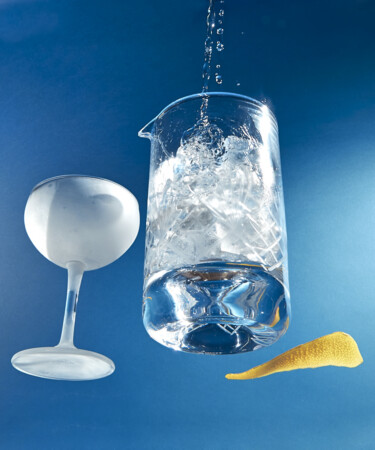Gin has one of the most storied and multifaceted histories of any liquor on the bar shelf. Its origins can be traced to genever, a Dutch spirit that hooked British soldiers in the Eighty Years’ War. It’s since been known as a favorite among bootleggers in Prohibition and a classic choice for Martinis.
Stateside, the spirit has also become a bartender favorite for its versatility, botanical qualities, and complexity. Gin can range from dry and floral to fruity to herbal, or some combination of them all. So what gin should you be stocking your bar cart with to mix up all of your favorite gin creations? Here, we asked 24 bartenders which brand of the botanical spirit is their favorite for making cocktails.
Here are the best gins for mixing cocktails, according to bartenders:
- Fords
- Aviation
- Neversink
- Plymouth
- Privateer Tiki
- Sipsmith
- Beefeater
- Boatyard
- Short Path Distillery Flagship Gin
- Uncle Val’s
- Bully Boy’s Estate
- Suntory Roku
- Chattermark Distillers Gin
- Bordiga Occitan Gin
- Gin Primo
- Song Cai Viet Nam Dry Gin
- Askur Yggdrasil
- Misguided Gin
- Hayman’s Old Tom Gin
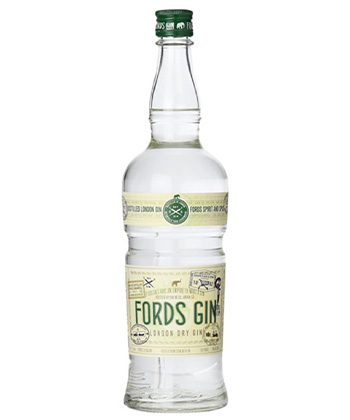
“I would say Fords Gin, which is very versatile and has nine botanicals, and Aviation Gin, which has seven flavoring ingredients used in its production: juniper, lavender, sweet and bitter orange peel, cardamom, coriander, Indian sarsaparilla, and anise seed. They are both versatile.” —Pete Rinaldi, bartender, 22 Bowens, Newport, R.I.
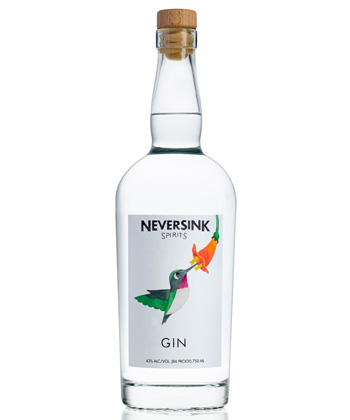
“My favorite gin for mixing is Neversink Gin. It’s made by some great people using New York apples and has such rich complexity that really allows for a natural sweetness. Make me a French 75 with Neversink and a roast chicken, I’ll never leave you.” —Max Stampa-Brown, director of food and beverage, The Garret Group, NYC
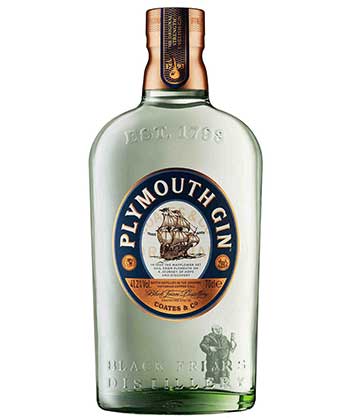
“A dry Martini is my favorite gin cocktail and I think Plymouth is the perfect gin to use. It has a lovely earthiness, and slightly less juniper than other London drys, which I really enjoy in a gin-forward cocktail.” —Timmy Nagle, bartender, Cozy Royale, Brooklyn
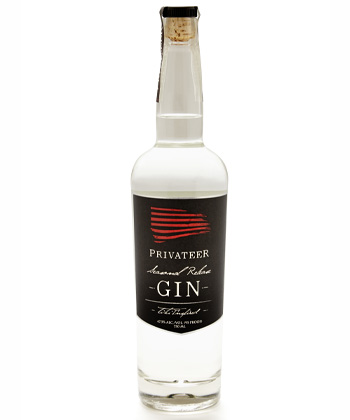
“Gin is one of my favorite spirits to work with, especially in the classic cocktails. But Privateer Tiki Gin is a game changer. Instead of the traditional botanical and piney notes we’re all used to, this gin has citrus, cinnamon, nutmeg, and an all-over brighter taste that’s so refreshing. It’s perfect in a Gimlet or Collins, but it’s just as fun to play and experiment with.” —Jess Ferrairo, bartender, The Paddle Inn, Newburyport, Mass.
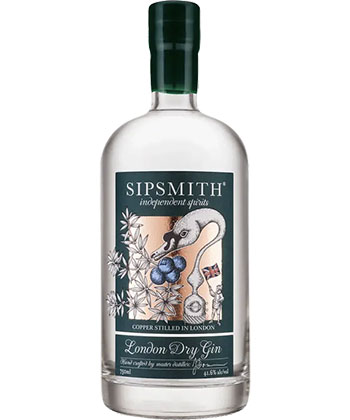
“I love a well-made, equal-parts Dry Gin Martini and its many variants (including and especially the Puritan) but I also realize that the majority of gin cocktail imbibers are enjoying French 75s and Gin & Tonics. The variations from dry, herbal, spicy, citrusy, floral, and sweet are quite epic these days in gin formulas. Still, if hard-pressed to only own one gin for all, I’d probably just go with Sipsmith. It’s a classic London dry that is excellent with vermouth and bitters, but will also hold up to the sour formula and not get too sweet with added and mixed liqueurs.” —Chantal Tseng, sommelier/bartender and freelance educator, Washington, D.C.
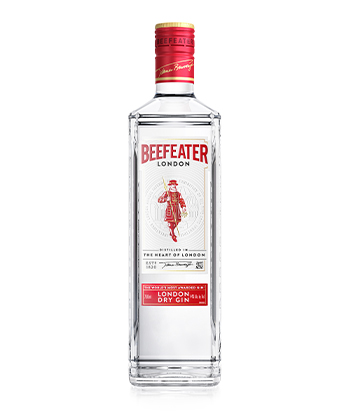
“I like a dry gin. Can’t go wrong with the classics. Beefeater is my go-to.” —Daniel Caballeros, bartender, Joseph Brothers, NYC
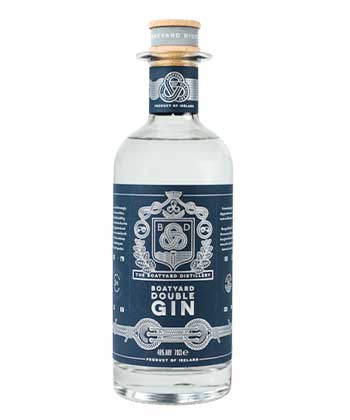
“Boatyard Gin from Fermanagh in Ireland. Great balance of citrus and botanicals. Great for a dry Martini, and holds its own in a Gimlet with the lime juice.” —Rob Crowe, general manager and beverage director, Bar Madonna, Brooklyn
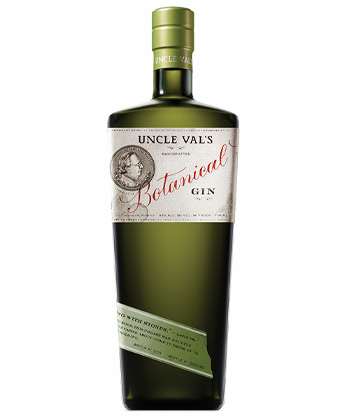
“I’ve always been a huge fan of Uncle Val’s. My go-to for my gin cocktails has usually been Uncle Val’s Botanical. It’s even tasty by itself with a splash of soda and lime!” —Kip Baker, lead bartender, Apizza Regionale, Syracuse, N.Y.
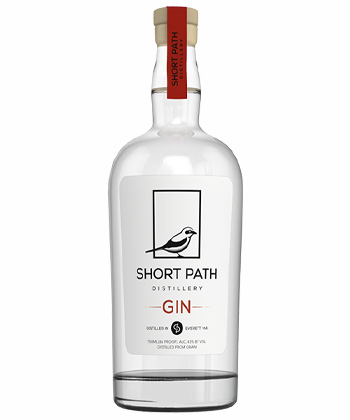
“I think the most important thing to consider when deciding what gin to use for a cocktail is to try to complement the other flavors that will be in your drink. [If it’s] cucumber-forward go for Hendrick’s, if it’s floral you’ll want something more juniper-forward, and for Martinis, I love a London dry. It’s all about figuring out the botanicals and what you are mixing them with. My personal favorite gins for cocktails are Bully Boy’s Estate Gin & Short Path Distillery’s London Dry Gin, both local to me in Massachusetts! Both lend themselves to mixing in a cocktail without overpowering other flavors, whether it’s a Dirty Martini (my fave), or a more complex cocktail. Outside of local gins, I love Citadelle Gin. I get a lot of customers that aren’t necessarily gin drinkers that love it!” —Lindsay Ballantyne, bartender, Semolina Kitchen & Bar, Medford, Mass.
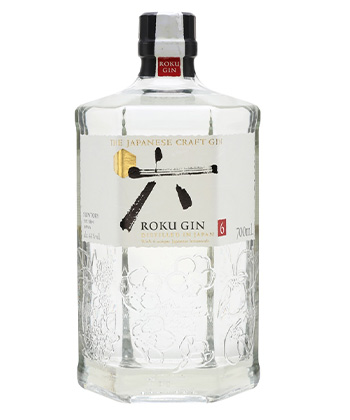
“Roku Gin by Suntory. It’s a very smooth-tasting, balanced mix of citrus and botanicals that lends itself perfectly to any style of cocktail. It makes a mean Martini, it’ll brighten up a G&T, and it adds to the depth of anything using traditional citruses. It’s also a delicious sipper that’s not going to break the bank.” —Anthony Granica, bar manager, Jackrabbit, Buffalo, N.Y.
“I prefer gins that have a softness to them. One gin I can always rely on is Plymouth. The botanicals are super balanced and it’s slightly silky and oily, making it a perfect go-to for a Negroni or Martini. And I should mention, we make gin, too! I’m really proud to serve Chattermark Distillers gin, which is made from our white rye whiskey base. It’s inspired by New England’s coastal forests. The botanicals include sumac, birch, and locally hand-picked white pine.” —Kassandra Laskarides, hospitality manager, Chattermark Distillers, Boston
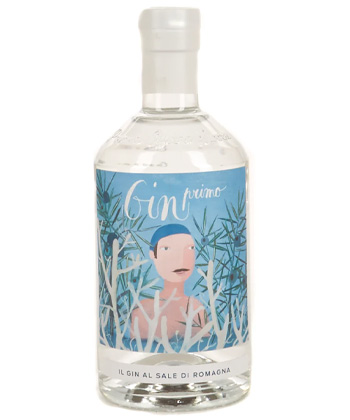
“My favorite gin to make cocktails with right now is Gin Primo. It’s a newish Italian gin made with Cervia sea salt (from the Adriatic Sea), which of course lends itself well to savory cocktails, but gives an even better flavor boost to any sort of shaken citrus cocktail. I often use it as a split base with another gin just to make whatever I’m mixing pop!” —Jasmine Siemer-Dunbar, bar manager, Vim Dining and Desserts, Santa Cruz, Calif.
“Plugging my own workplace, but it’s the best: The best gin for making cocktails is Short Path Distillery Gin. It’s light, lavender- and eucalyptus-forward, giving cocktails a nice balance without feeling like it’s ‘too much gin,’ though is there such a thing?” —Sarah Venezia, bartender, Short Path Distillery, Everett, Mass.
“The best gin for mixing cocktails is Fords. It is well-balanced and versatile. It works well whether you are making an Eastside or Negroni.” —Brian Barna, bar manager, Proof, Charleston, S.C.
“Roku. It’s a Japanese gin and I could honestly drink it straight.” —Erito Hinojosa, bartender/bar manager, Bee’s Knees & Honey Lounge, Brooklyn
“When I’m teaching, I like to point people towards workhorse products that give a good baseline reference of what the spirit is supposed to be. Then, they can decide if they want more or less of something (botanicals, sweetness, etc.) and I am also looking for something that is well-priced so that people don’t feel timid about experimenting with it at home. For these reasons, I would say that the best gin for cocktails is Beefeater Gin. It’s a workhorse London dry that always does the job. It does well in any classic gin cocktail, but is also wonderful for experimenting with your own infusion. With Beefeater, you are getting a wonderful entry-level gin that plays well with other ingredients and is well-priced.” —Cristina Martin, wine and cocktail educator and expert, Astor Center and Murray’s Cheese, NYC
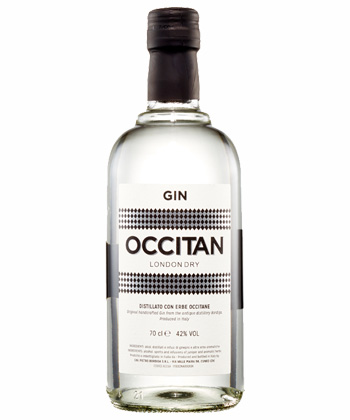
“Currently, I like to use Bordiga Occitan Gin. It’s an Italian gin from Piemonte with nice floral notes that don’t overpower other components but add a subtle complexity. It blends well with everything. Here at Funke, we feature bordiga Occitan in our house Negroni. We wash it with Asaro olive oil [and stir it with] Campari and vin santo for the vermouth component.” —Asher Stacy, bar manager, Funke, Beverly Hills, Calif.
“I usually get the most excited when I walk into a bar and see they have Plymouth gin sitting on the shelf. It’s arguably the most rounded of the relatively widely available London dry gins, working in juniper notes more subtly without completely stamping them out. I honestly think it’s ideal for a Martini — or better yet, a Gibson — but also shines in other classic cocktails thanks to its citrusy profile.” —Zach Mack, beverage and travel writer and owner, Alphabet City Beer Co. and Taco Vista, NYC
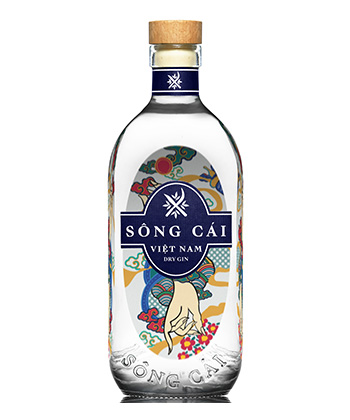
“We use a Vietnamese dry gin called Song Cai Viet Nam Dry Gin. I like to use it with a dill infusion; it makes for a match made in heaven with citrus.” —Lizzy Jutila, bartender, Di an Di, Brooklyn
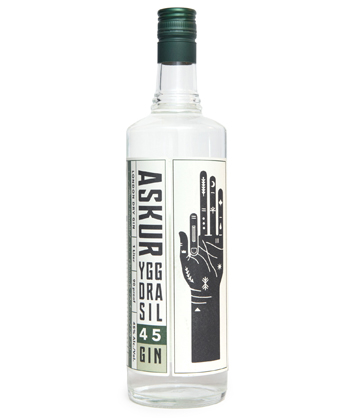
“I love working with Askur Yggdrasil. It’s a London dry gin from Iceland that is 90 proof, so the flavor stands up to anything you are mixing it with. It is bright and citrusy, and frankly, the price is right for either a bar or the home. It is our house gin at The Richardson, too.” —Joshua Levie, bar manager, The Richardson, Brooklyn
“When I’m building a gin cocktail, the goal is typically something bright, crisp, and delicate. London dry gins, like Beefeater and Fords, lay a great foundation to build on that is widely complementary, affordable, and won’t get washed out when using bold and more complex flavors.” —Cory Minckler, freelance beverage director and consultant, NYC
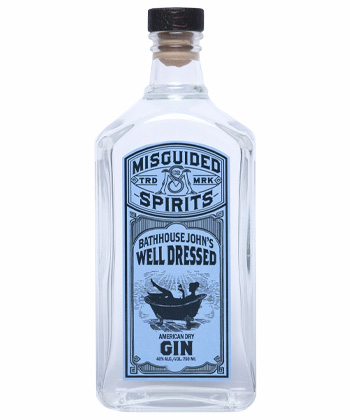
“I like to use Misguided gin. It’s an American gin that’s not juniper-heavy; it’s more lavender- and citrus-forward. It’s very flexible, and works great in a Martini or Negroni. Sometimes I even get customers to take shots of it.” —Dave Sexton, bartender and manager, The Whiskey, Brooklyn
“Plymouth gin is typically my go-to behind the bar. It has great savory notes that hold up in boozy drinks such as a Negroni or Martini, while also having subtle citrus hints that work great in shaken cocktails, too. It’s a great gin that doesn’t break the bank and can be put in just about anything.” —KC Iwaniak, bartender, Ballyhoo and Graylynn, Buffalo, N.Y.
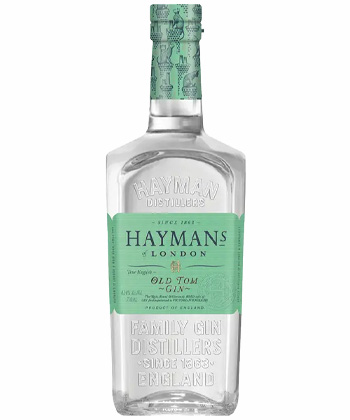
“I’m a big fan of Hayman’s Old Tom Gin. It’s super citrus-forward and has the complexity and depth of flavor to make cocktails balanced. Great in a G&T and great in a Martini.” —Walker Seydell, bartender, The Richardson, Brooklyn
